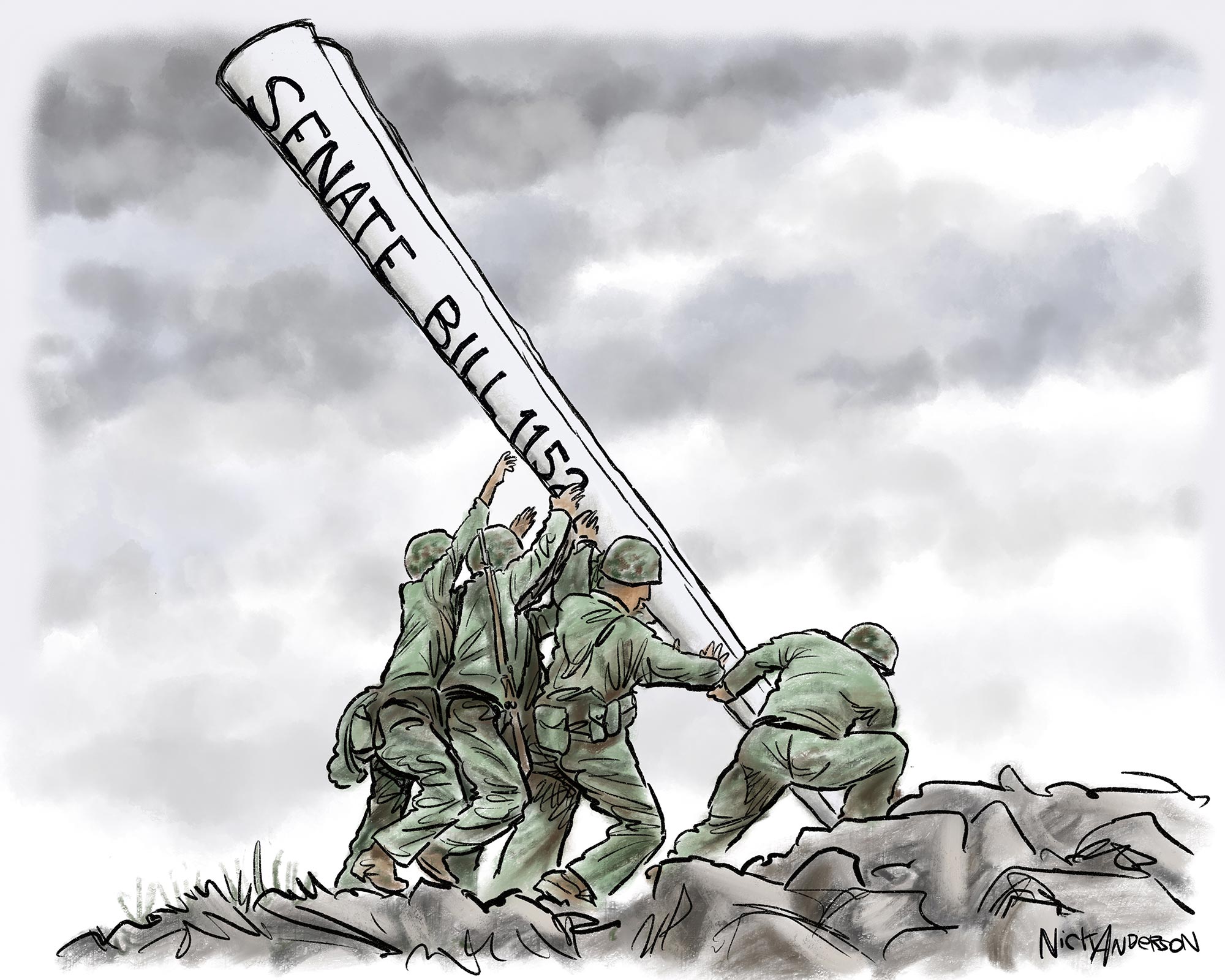
Texas Municipal League's Legislative Review
The following comes from the Texas Municipal League’s Legislative Update for the 86th Legislative Session. The City of Houston partners with TML on numerous legislative bills throughout the Session.
The 2019 Legislative session concluded May 27th, which was none too soon from a local government perspective. Apart from a number of good bills summarized elsewhere in this edition, the best news from the session is that the misguided effort to silence cities, counties, and the organizations that represent them (including TML) was soundly defeated on the House floor.
That bill, S.B. 29, would have limited cities’ ability to lobby on certain issues or join organizations that do so on their behalf. It died with a bipartisan 58-85 vote. TML President John Love sends his thanks for your efforts in the days leading up to the vote. Your phone calls to House members in the waning days of the session led to the city victory.
A number of other detrimental bills deservedly died. Among them were:
- the so-called “super-preemption” bills that would have prevented cities from regulating anything to do with business.
- a tree protection preemption bill.
- short term rental preemption bills.
- a bill expanding firefighter civil service.
- employee working conditions preemption legislation.
- a costly disease notice by animal shelters bill.
- confusing financial information on bond ballots bills.
- state or district judge approval of city ballot proposition language bills.
- entitlement to six chickens in every residential backyard bills.
- a bill granting the attorney general authority to settle city environmental lawsuits without city approval.
- a bill mandating eminent domain offers at 145 percent of market value.
- bills limiting the issuance of certificates of obligation.
- a bill requiring complicated email notification of city fees.
There were many more detrimental bills that ended up on “the cutting room floor.” Rest assured, however, that many will return in future sessions.
It was not all good news. The harmful revenue cap bill, S.B. 2, passed. The bill lowers the city property tax rollback rate (now called the “voter-approval rate) to 3.5 percent, with an automatic election required to exceed that percentage. The bill includes some concessions, such as allowing for three-year “banking” of any unused rollback increment and a guaranteed $500,000 levy increase threshold for most cities under 30,000 population. A much more detailed summary of the bill is included elsewhere in this edition. The tendency to “bracket” legislation to a certain size city, which is typically opposed by the League, is a disturbing trend that warrants further study prior to next session.
One way to put S.B. 2 into perspective is to consider that the state budget passed this session will grow state general revenues, supported by state taxes, by at least 9.5 percent more than the budget passed two years ago (and perhaps higher, depending on how the numbers are calculated). No vote of the people was held to sanction that growth, yet cities must take increases over 3.5 percent to their voters. The only possible explanation for that cognitive dissonance is that the state legislature thinks their decisions are superior to those of local officials.
Other harmful bills include S.B. 1152, which allows cable and phone companies to stop paying the lesser of their state cable franchise or telephone access line fees, and H.B. 347, which eliminates unilateral annexation by any city. Each is summarized elsewhere in this edition, as well as hundreds of other bills, both bad and good.
The best way to encapsulate this session from a city perspective is the possible fallout over S.B. 621, a bill that failed to pass. The bill was the Texas Board of Plumbing Examiners (TBPE) “sunset bill.” It was the culmination of the state’s “sunset review process,” which periodically evaluates whether or not a state agency is running efficiently and/or should be continued in existence. Because it failed to pass, plumbers may soon be totally unregulated at the state level. Instead, state leaders quickly pointed out that cities will be able to step in and take on the regulatory function (cities are already fast at work figuring out how best to do so). This reliance on cities to take over the state’s functions, and do them well, stands in ironic contrast to the effort to limit city revenue and expenditures.
Texas cities will survive, even thrive. We may have to clean up the state’s mess, literally, on issues on which they failed to act. City officials will figure out how to do so on less available revenue, and certainly less than the state claims for itself in its growing budget. What we won’t get from state legislators is thanks, just reminders that we’re regulating in areas they don’t think we should. Except when they need us to.
# City-Related Bills
The following sections contain summaries of the 338 city-related bills passed by the Eighty-Sixth Legislature. The governor has until June 16 to sign bills, veto them, or let them become law without his signature. The effective date of each bill is noted in a parenthetical following each bill described below. Some of the bills will become effective as soon as they are signed (e.g., “effective immediately”), others (unless vetoed) will become effective on September 1, and a few have special effective dates.
Future issues of the TML Legislative Update or Texas Town & City magazine will provide additional details on some of the bills described here, may include summaries of “straggler” bills that for various reasons weren’t summarized at the time of printing, and will provide other updates as appropriate.
The link for each bill leads to its “landing page” on the Texas Legislature Online website. To read the final version, click on the “text” tab and click on the “enrolled” version on that screen.